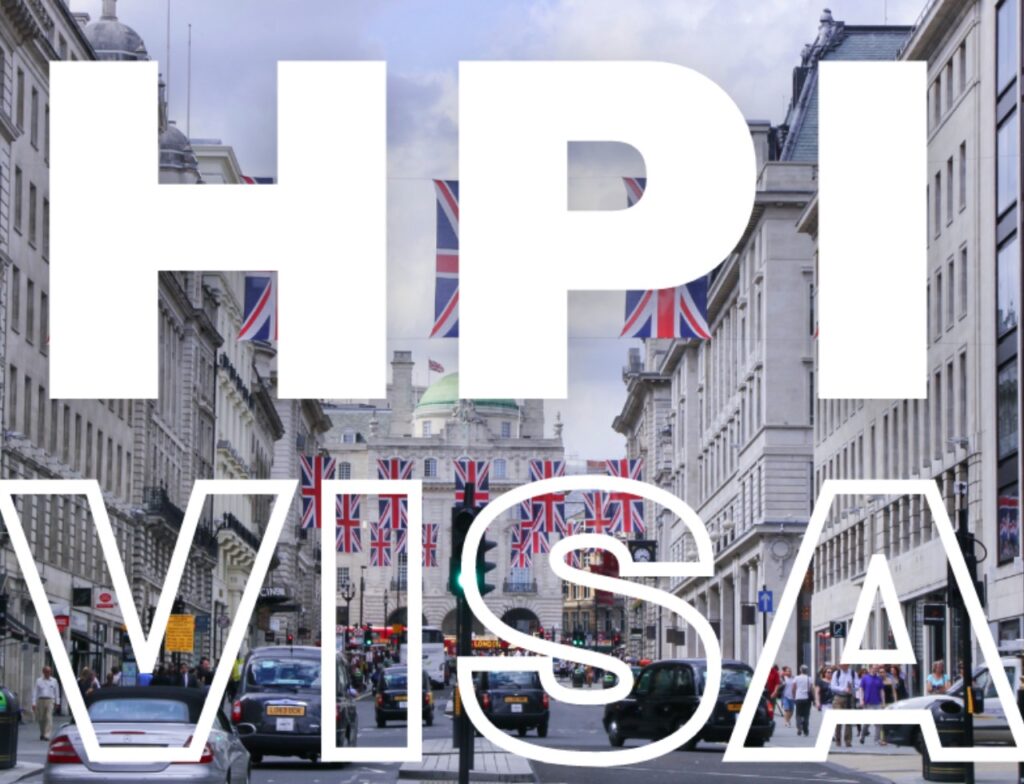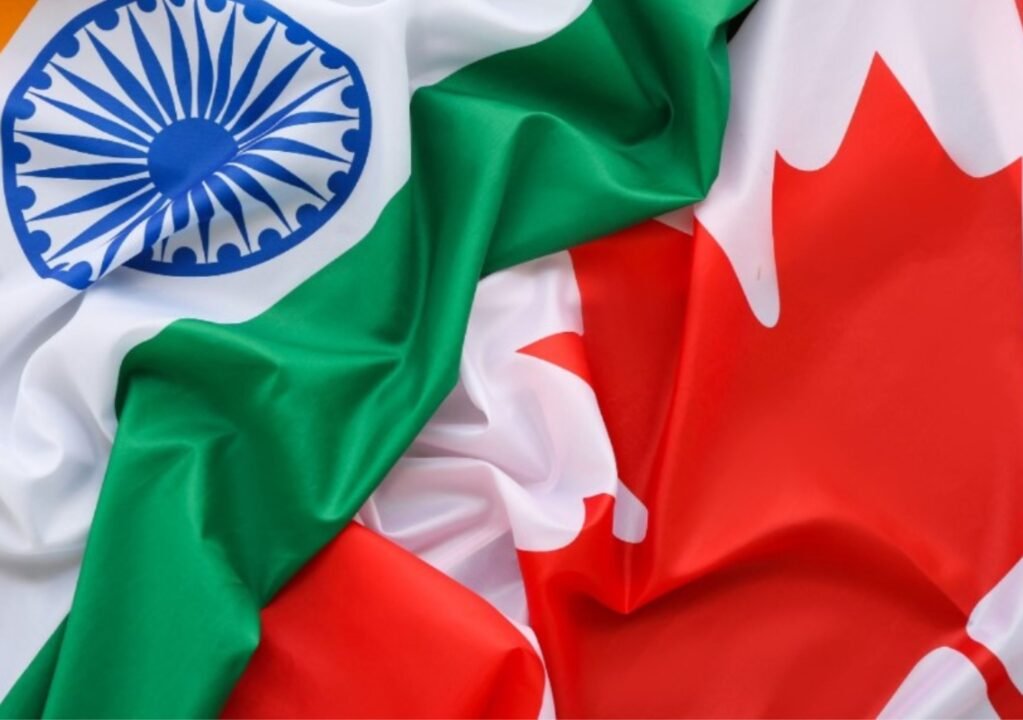Portugal migrant labor laws have been made strict lately and put a halt to the practice that allowed illegally arrived migrant workers to stay and to get work permits. This approach follows the European policies as stated by Deputy Minister Rui Armindo Freitas, who oversees immigration in the country.
As such, according to Freitas, the previous system attracted many illegal migrant workers since, under that system, legal entry into Portugal was allowed first and necessary documentation followed later. He explained that closing this loophole would be a matter of extreme urgency because there are already about 400,000 applications for legalization pending at the agency for immigration, AIMA.
The Deputy Minister plans to have all backlogged applications sorted by June of next year in order to make the application process easier. Since June, migrants who want to work in Portugal must make their residence permit applications with the Portuguese embassies or consulates abroad, which makes it tougher for most coming from countries that lack a Portuguese diplomatic presence. For instance, farm laborers and harvesting assistants, coming from Nepal and Bangladesh, are required to visit New Delhi, India, to get their visas.
Effect on Economy of Portugal and Labor Force
The economy of Portugal is significantly based on foreign migrant labor. Among such migrants, Asian workers are the most significant part of it. They work in agriculture, picking up broccoli and olives for almost negligible wages and picking berries for other European countries’ markets. A considerable number of Brazilians are engaged in the hospitality industry, working as waiters and waitresses in restaurants and cafes, and a good number of Africans are engaged in the construction sector.
Traditionally, many migrant workers have entered Portugal with little or no paper to present to the authorities. Having been allowed into the country to work, they waited for several years in order to procure residence permits, and in that time they paid into taxes and social security. A tightening of the law now presents problems for those already in Portugal and difficulties for potential migrants who wish to seek a better life.
Illegal immigration has sparked much hot discussion throughout Europe, and Portugal is no exception. Debates over immigration policies have heated up even further, mainly because far-right populist parties have emerged to push tighter immigration controls.
Conclusion
Recent modifications made to Portugal’s migrant labor laws represent a drastic change in the course the country is taking regarding immigration and will be put in place based on stricter rules and better organization. However, these measures designed to ensure the country complies with the more universal standards of Europe also bode poorly for the future of the migrant workforce; workers have played a large role in the country’s economy for over a century.





